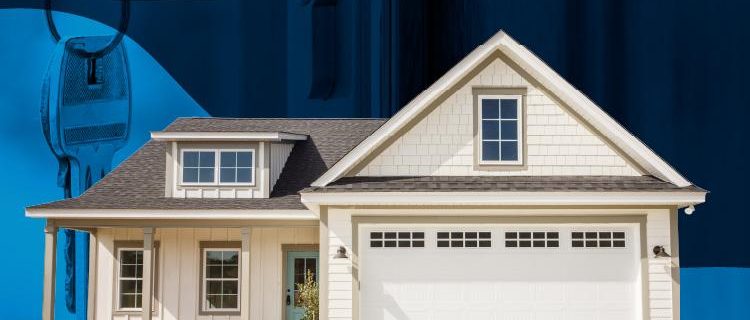The 3 Things You Risk by Pricing Too High
When selling your house, the price you choose isn’t just a number, it’s a strategy. And in today’s market, that strategy needs to be sharp. The number of homes for sale is climbing. And that means buyers have more choices and can be more selective. If your price doesn’t line up with what else is …





